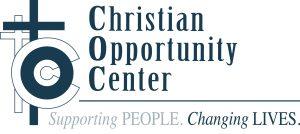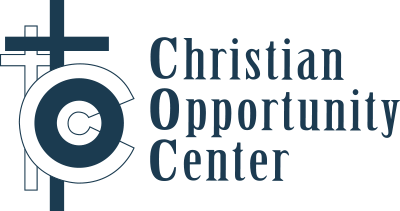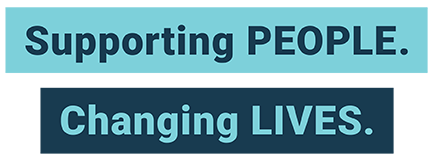
COC Executive Director Rod Braun
(A message from COC Executive Director Rod Braun)
There has recently been much discussion among some members of Congress regarding a block grant of Medicaid to the states. Typically, a block grant caps the federal assistance to the states in exchange for increased flexibility given to the states as to how they use the federal Medicaid dollars. While Christian Opportunity Center (COC) supports state and federal efforts to control Medicaid costs, we don’t believe the solution is a block grant to the states. This issue is very important to COC because 83 percent of our funding comes from Medicaid.
What might we expect from a block grant of federal Title 19 funding? We need only look back at the last block grant that impacted supports and services for people with disabilities. We should learn from history because past experience is the best predictor of the future.
The year was 1981, and Congress approved a block grant of the Title 20 program that became the Social Services Block Grant (SSBG). There had been talk among some in Congress that the Title 20 program was unsustainable. Now we have similar talk that the Title 19 program is unsustainable. Don’t be fooled. The Title 19 program is not unsustainable. Unsustainable really just means it is not a priority.
Prior to 1981, many of the vocational and residential supports provided to people at COC were funded via the Title 20 program. Under the SSBG, the federal government paid 50 percent of the service costs, the State paid 25 percent, and the counties paid 25 percent. But, there was a cap on the federal participation.
The Congressional Budget Office (CBO) in 1981 estimated the cost of the Title 20 program at $3.1 billion, yet the SSBG was set at just $1.7 billion. This led to an immediate cost shift from the federal government to states and local governments to fill the gap created by the shortfall in the appropriation. In the past 36 years, the SSBG has never been adjusted for inflation and with the budget sequestration, the SSBG appropriation for 2016 was just $1.58 billion. If you adjust for inflation for the past 36 years, the 1981 appropriation would be $6.37 billion. Instead, we get just 25 percent of this amount today. This tells us what we can expect from a Title 19 Medicaid block grant.
Service providers like COC survived the SSBG only because of a new federal program known as the Home and Community Based Services Waiver (aka Medicaid Waiver). But, we are not aware of any new federal funding source available that would provide relief in the event of a block grant of Title 19. A block grant would mean more cost shifting to state and local governments. My perspective, after more than 40 years of working in disability services, is that the federal government is generally a more reliable funding source than state and local governments.
We urge you to contact U.S. Senators Grassley and Ernst, along with your U.S. House of Representatives member (likely Congressman Dave Loebsack if you work in Mahaska or Marion counties, or Congressman David Young if you work in Warren or Polk counties) to advocate against a block grant of the Title 19 funding. You may use talking points from this information in your advocacy efforts.
Thank you in advance for your advocacy on behalf of the mission of COC.


